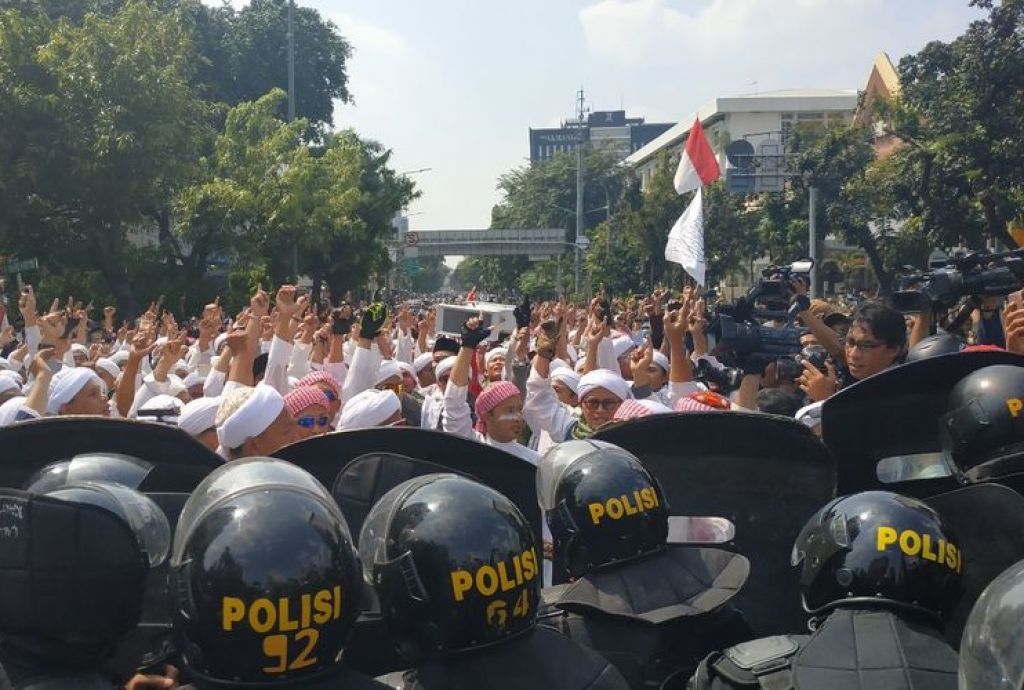The Political Unrest Following the 2019 Presidential Elections

Following the presidential election results on May 21st, violent protests have gripped the heart of Indonesia’s capital, where 6 people reportedly died in an overnight face-off.
President Joko Widodo was re-elected with 55,5% of the vote facing former military general Prabowo after the April 17th poll. The office building of the election's commission had already been barricaded with razor wire and protected by security personnel after Prabowo warned that if he were to lose, riots were likely to happen. Indeed, people are protesting against what they claim is a widespread fraud in the presidential poll but an official election supervisory agency confirmed that the poll was free and fair.
On the night of May 21st, protesters hurled rocks and firecrackers at the police who responded with tear gas, in a face-off of extreme violence just after the results were released. Six people reportedly died and about 200 sustained injuries after the first night of riots. The day after, people were holding flowers and signs to denounce the death of the 6 people the night before, claiming the fallen simply wanted justice after an election where they felt their voices had been diminished. 60 000 police and military troops covered the city of Jakarta, transport stations were shut down and the streets circled with rolls of barbed wire. The police proceeded to 200 arrests, hoping to stifle the demonstrations. In a television interview, the president said that it was some of the worst political violence Indonesia has been through in recent decades, but that the situation was under control. Three days later, the government blocked some social media access to prevent fake news and violence spreading on the internet.
After that Prabowo - who had already lost the elections in 2014 - said he was the rightful winner of these elections and that he will contest the results in front of the constitutional court. Prabowo was a military commander during the fall of the authoritarian leader Suharto in 1998, an event precipitated by a mass of rebellious students. The general who was also the son-in-law of Suharto, was then dismissed, accused of involvement in kidnapping and torturing students - it has never been proven and he has always denied it. He had chosen Sandiaga Uno, an ex-businessman, as his running mate, who had approached the most radical Islamic groups to get their support.
Joko Widodo, 57, is seen as a moderate Muslim in a country where conservative Islam is on the rise. He chose Conservative preacher Ma'ruf Amin as his candidate for vice-presidency in order to give pledges to the religious electorate.




